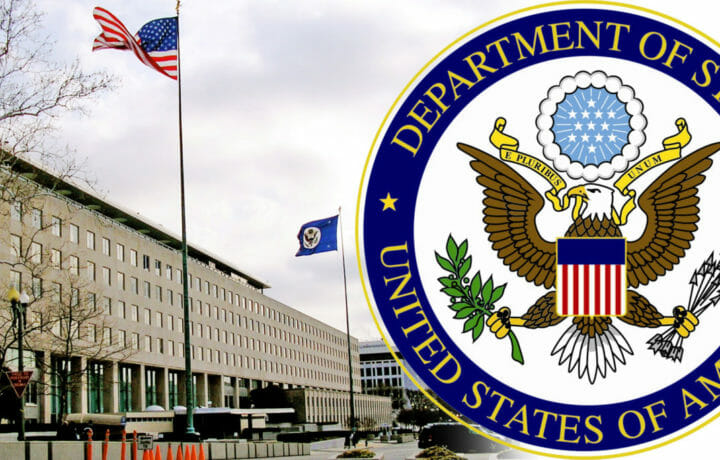A subscriber to the ClearanceJobsBlog recently supported a Department of State contract and was concerned that they would lose their Department of Defense clearance since their DoS clearance was cancelled.
‘I have a question on security clearances… I recently worked for the DoS as an overseas contractor. My contract job was terminated for violation of contract standard. I have two clearances DoS/DoD secret clearance and I am looking to return to the DoD. Will my termination from the DoS affect me going back to the DoD? As far as filling out the security clearance form what do I say to answer the question of, have you ever been fired from a clearance job?’
The termination from DoS may or may not affect this individuals DoD clearance. Like many things in the ambiguous security clearance world: ‘it depends’. In the above case, it also depends upon whether the job was terminated for the individual, or if the entire contract (and all personnel) were terminated.
When a Cancelled Contract Means a Lost Job
Per the U.S. State Department Standard Terms and Conditions, a contract can be terminated for a few different reasons.
Awards may be terminated in whole or in part because of national security or foreign policy interests. If the Department of State believes a contract is not consistent with the national security or foreign policy interests of the U.S., the contract may be cancelled. The second reasoning is by mutual agreement by both the DoS and the recipient of the award, and the third being for cause. In this last case, the government reserves the right to terminate the award before the end of project, if it is determined that the recipient has failed to comply with the conditions of the award. These reasons for a contract terminating are related to the recipient of the project (prime contractor and subcontractors) as opposed to the individual employee.
That means that while the termination may need to be listed by the employee on subsequent security clearance applications, the employee should have no concerns about his security clearance.
Loss of Jurisdiction and Incident Reports
A termination in and of itself is not an issue, but if a flag is put on your clearance in your security clearance system of record, that flag would need to be resolved before you can be placed on a new contract – a new employer should easily be able to see if there is a flag there. If the termination was not due to misconduct or a security violation, your security clearance would likely not be impacted.
In theory, if your clearance was revoked, you should have received a Statement of Reasons – but unfortunately, when termination is involved, we see many cases where that procedure is not followed. In many cases these applicants simply move to a different agency.
If you have these doubts but feel comfortable reaching out to a former employer or security officer, individuals can ask about their clearance status. You can also submit a privacy act request to obtain a copy of your SF-86 to get a complete answer.
If for any reason you need to fill out the SF-86 again in the future, you should always list the termination. An employment termination, even for cause or a security violation – is not automatic grounds for clearance denial. However, trying to hide or withhold a firing is a personal conduct issue that frequently comes up with these forms. Some of the most common rejections in the security clearance process are due to lies and omissions. Applicants who leave out pertinent information or offer misleading details usually do so on some of the simplest questions.
Filling out everything thoroughly and correctly will also help to speed up the process of getting your background investigation closed. Here are some other tips on filling out an SF-86.
There is a significant chance that the termination had no effect on this person’s DoD clearance, but checking all the boxes and speaking with a former FSO will give you a better understanding.
Much about the clearance process resembles the Pirate’s Code: “more what you’d call guidelines than actual rules.” This case-by-case system is meant to consider the whole person, increase process security, and allow the lowest-risk/highest-need candidates to complete the process. However, it also creates a lot of questions for applicants. For this reason, ClearanceJobs maintains ClearanceJobsBlog.com – a forum where clearance seekers can ask the cleared community for advice on their specific security concerns. Ask CJ explores questions posed on the ClearanceJobs Blog forum, emails received, and comments from this site.




